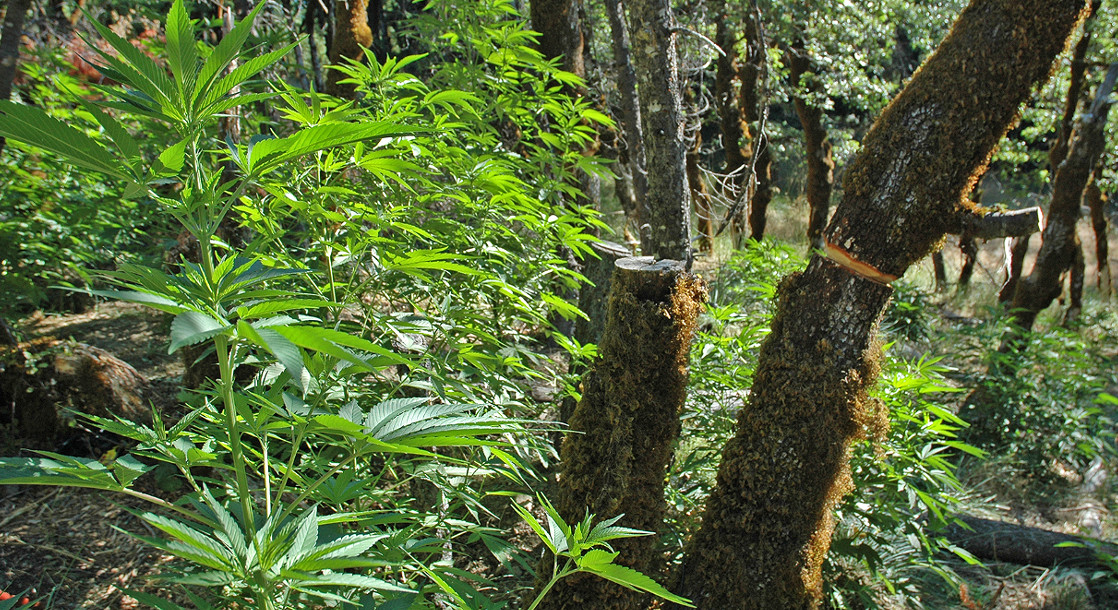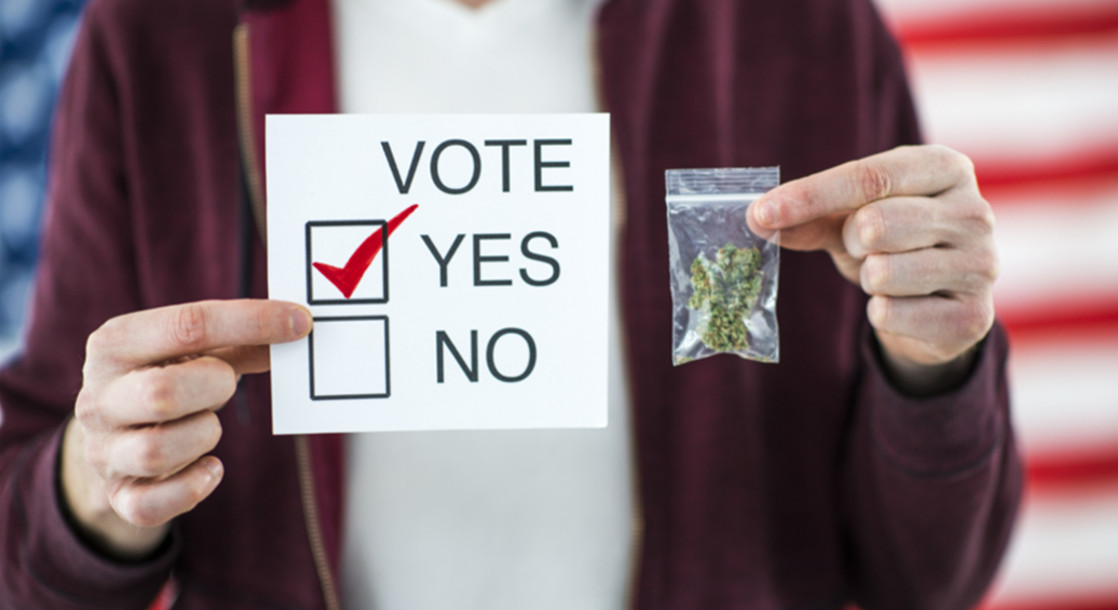The large number of illegal cannabis grows in California have been recently coming to public attention, increasing state officials' fears that the federal government will step in and take action against the state. It is estimated that the state produced 13.5 million pounds of cannabis last year, even though the state's residents only consumed 2.5 million pounds. A good portion of the remaining 11 million pounds was smuggled illegally across state lines, officials said.
A spokesperson for the Texas Department of Public Safety has reported that Interstate 40, which runs all the way from the West to the East Coast, “has become a major drug corridor” for transporting California-grown marijuana. “Any amount of marijuana coming out of California and going through our state is a problem because it’s not a legalized drug in Texas,” Lt. Bryan Witt of the Texas Department of Public Safety said. “If we catch anybody with any amount from California, they will be arrested. Our marijuana laws will be enforced.”
“If we want to avoid intervention from the federal government, we need to do everything we can to crack down on illegal activity and prevent cannabis from being exported out of state,” said state Assemblyman Tom Lackey. Last month, Lackey introduced a bill that would appoint the California Highway Patrol as the lead agency to investigate black market cannabis. Currently, cannabis enforcement is handled by a decentralized mix of city, county, and state law enforcement.
It has been reported that seventy percent of all illegal cannabis crops seized by federal, state, and local law enforcement in the U.S. last year originated in California. Law enforcement busted 2,117 illegal grows in the state last year and arrested 2,002 people involved in these operations. DEA spokesperson Melvin Patterson said that he thinks his agency will “get a lot more aggressive” if California officials cannot solve this problem on their own.
“If the feds see a serious export problem … they might feel that whatever we are doing in California is not enough,” said Assemblyman Ken Cooley. California officials are currently struggling to implement regulations for legal grows before official recreational sales begin on January 1st. “For right now, our goal is to get folks into the regulated market — as many as possible,” Lori Ajax, executive director of the California Bureau of Cannabis Control, said.
Cannabis industry members are also aware of the potential dangers resulting from the surplus of marijuana. “We are producing too much,” Hezekiah Allen, executive director of the California Growers Association, warned a conference of cannabis cultivators. Allen said that licensed growers “are going to have to scale back” and will face “a painful downsizing curve” which may result in some cultivators being forced out of business as the industry adjusts to the new legal system.











